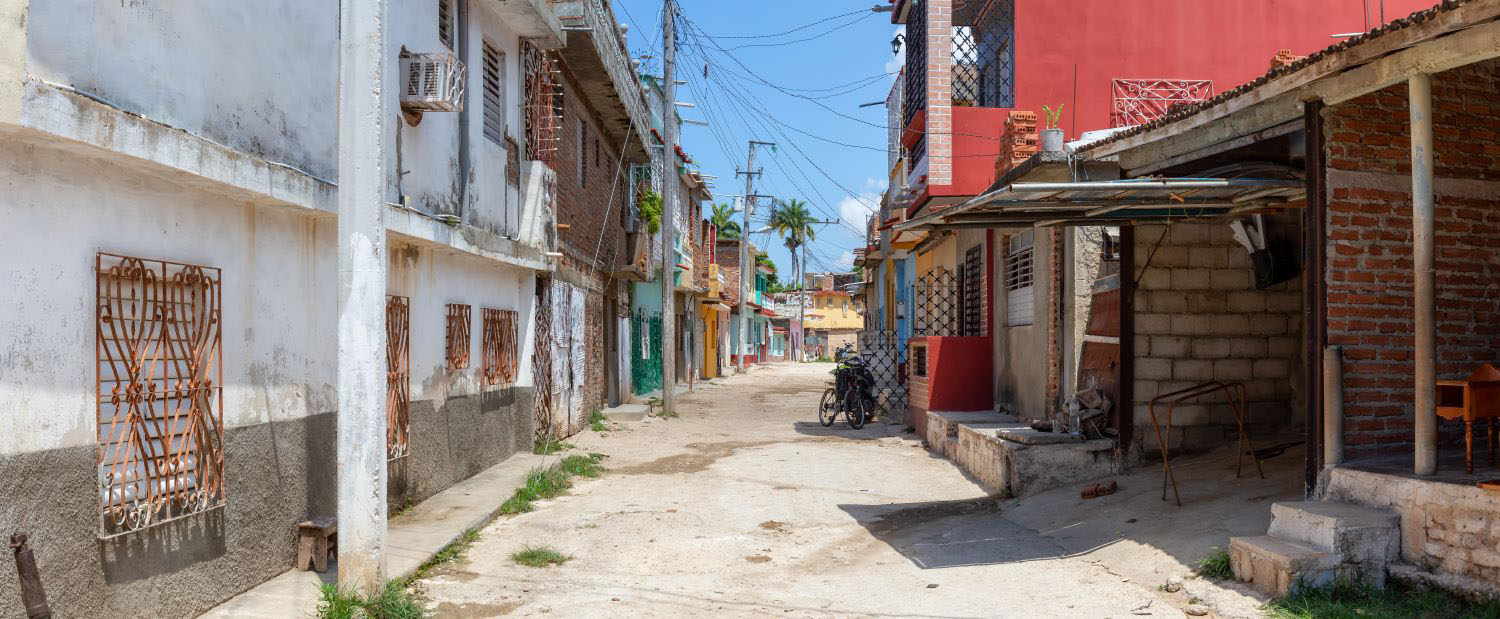August 11, 2006
Post by Milan Vaishnav* (see his previous post on Bolivia: Democracy, the U.S. and Coca)When we think about U.S. policy in fragile states, we often focus on the instruments of U.S. foreign policy available to American diplomats, development specialists, and defense personnel in Washington and within our embassies. Yet more often than not, bilateral cooperation in fragile states depends on the intangibles--commonly overlooked factors such as personalities, bilateral flexibility, and perception of long-term interests.During two weeks I recently spent in Bolivia I often thought how these three intangibles will make or break bilateral cooperation between the US and Bolivia in an environment best described as endemically fragile.*Personalities. In the past, personalities have dramatically shaped the nature and effectiveness of bilateral cooperation between the U.S. and Bolivia. Current U.S. Ambassador David Greenlee has received high marks from almost every American, Bolivian and international donor I have spoken with. His discrete, calm, soft-spoken yet firm manner has salvaged what is otherwise a very difficult relationship between the two governments. This is in stark contrast to some previous U.S. Ambassadors in Bolivia whose aggressive, outspoken behavior has often alienated their Bolivian counterparts-further feeding the impression of U.S. Ambassador as de facto viceroy in La Paz.Unfortunately for both sides, Greenlee's tenure is over this fall. His replacement (pending Senate confirmation) was recently announced by the White House. The new U.S. ambassador in La Paz would be wise to follow Greenlee's savvy lead.*Flexibility. Given the constantly changing economic, political and social currents in fragile states, flexibility must be a key component of any U.S. government strategy. In some respects, the U.S. has already shown great agility in directing resources following the December 2005 election in Bolivia. Last December, for the first time, departmental prefects (state governors) were directly elected by popular vote. USAID immediately developed plans to provide technical assistance and managerial and administrative support to the prefects, and currently runs projects in 6 of 9 departments (including some run by members of Evo Morales' MAS party)-helping to curb allegations of American selectivity.With respect to defense issues, however, embassy flexibility has been severely hamstrung by U.S. legislative restrictions on foreign assistance to Bolivia's security forces (imposed after Bolivia failed to grant U.S. soldiers immunity from International Criminal Court prosecution). A recent New York Times article demonstrates the difficulties this legislative initiative is posing for U.S. defense policy in any number of fragile states, where training programs for human rights, civilian oversight of the military, defense budgeting, and counter-terrorism are suffering because of Congressional restrictions.*Long-time horizon. With the arrival of the new Morales government, the U.S. administration has thus far signaled its desire to maintain a long-term perception of its interests in Bolivia, refusing calls in Congress to dramatically cut assistance because of Morales' unorthodox views on coca and nationalization of the hydrocarbons industry. (U.S. companies have not been directly affected by the nationalization.)The U.S. must be patient in its approach to the new government, whose inexperience, occasional poor judgment, and early diplomatic missteps have complicated bilateral and multilateral relations (notwithstanding the occasional diplomatic snafu on the part of the U.S. as well). The truth is Evo Morales was elected to office with over 50% of the popular vote in a country where presidential elections have so frequently been deadlocked, the president has usually been selected by the legislature. He has a legitimacy most Bolivian leaders have only dreamt of. In fact, could this be Bolivia's "Nixon to China" moment? Perhaps only Evo Morales, the former cocalero, can formulate a plan to rid his country of the threat of cocaine trafficking? Or perhaps only Evo, the anti-globalization activist, can implement a export-oriented plan to develop the country's natural resources in a way acceptable to both the private sector and the social movements in Bolivia? Or perhaps, this is all a pipe dream? It may be too soon to tell, but the fact is a long-term perception of interests on both sides has the potential to reap economic and security benefits for both parties. Prematurely slamming the door in Bolivia's face could only serve to push Morales further into the arms of Hugo and Fidel while raising anti-American sentiment.*Milan Vaishnav is a former research assistant at the Center for Global Development and is currently pursuing his PhD at Columbia University.
Disclaimer
CGD blog posts reflect the views of the authors, drawing on prior research and experience in their areas of expertise. CGD is a nonpartisan, independent organization and does not take institutional positions.





